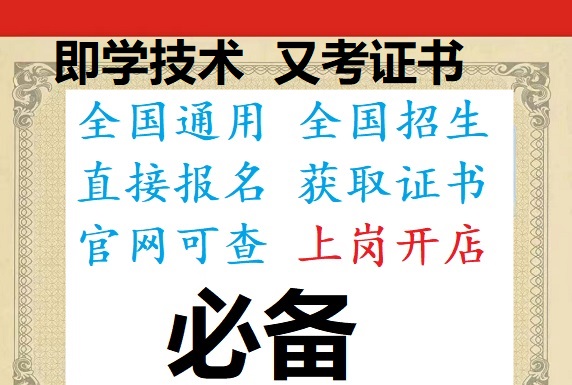
The scope of application for the qualification of Chinese medicine diagnosis and treatment practitioner includes the following aspects:
1. Clinical practice: The qualified Chinese medicine diagnosis and treatment practitioner is proficient in conducting clinical examinations, analyzing symptoms and signs, and formulating diagnoses and treatment plans based on traditional Chinese medicine principles. They are able to provide effective treatments for various diseases and disorders, such as acute or chronic illnesses, injuries, and mental health issues.
2. Medical consultation: The practitioner is able to provide professional medical advice and guidance to patients, helping them understand their conditions, choose appropriate treatments, and manage their overall health. This may include discussing dietary adjustments, recommending exercises or therapies, and addressing any potential side effects or complications of medications.
3. Patient education: The qualified practitioner is responsible for educating patients about their conditions, treatment options, and self-care strategies. They should be able to explain complex medical concepts in a clear and concise manner, answer questions from patients, and encourage them to take an active role in their own healthcare.
4. Supervision and management: The Chinese medicine diagnosis and treatment practitioner may be responsible for supervising other healthcare professionals, such as acupuncturists, herbalists, or massage therapists. They should have a good understanding of the different techniques and protocols used by these practitioners and be able to provide guidance and support when needed.
5. Research and development: The qualified practitioner may be involved in conducting research on various aspects of traditional Chinese medicine, such as its effectiveness for specific conditions, the optimal dosages and administration methods, or the potential interactions with modern medications. They should be able to analyze data from clinical trials and other sources to contribute to the advancement of knowledge in this field.
6. Collaboration with other healthcare professionals: The Chinese medicine diagnosis and treatment practitioner should work closely with other healthcare professionals, such as physicians, nurses, and pharmacists, to ensure that patients receive comprehensive and coordinated care. They should be able to communicate effectively with these professionals and coordinate their efforts to achieve the best possible outcomes for the patient.
7. Regulatory compliance: The qualified practitioner must adhere to all relevant laws, regulations, and standards related to the practice of traditional Chinese medicine in their jurisdiction. This may include obtaining necessary licenses and permits, maintaining accurate records of patient information, and following strict guidelines for the safe administration of medications and treatments.
8. Public health promotion: In addition to providing direct patient care, the Chinese medicine diagnosis and treatment practitioner may also engage in public health initiatives aimed at promoting traditional Chinese medicine and raising awareness about its benefits and limitations. This may involve organizing educational events, writing articles or books on the subject, or participating in media interviews.
Overall, the scope of application for the qualification of Chinese medicine diagnosis and treatment practitioner encompasses a wide range of responsibilities and duties related to the practice of traditional Chinese medicine. These professionals play a vital role in improving the health and well-being of individuals and communities through their expertise in this ancient healing art.
